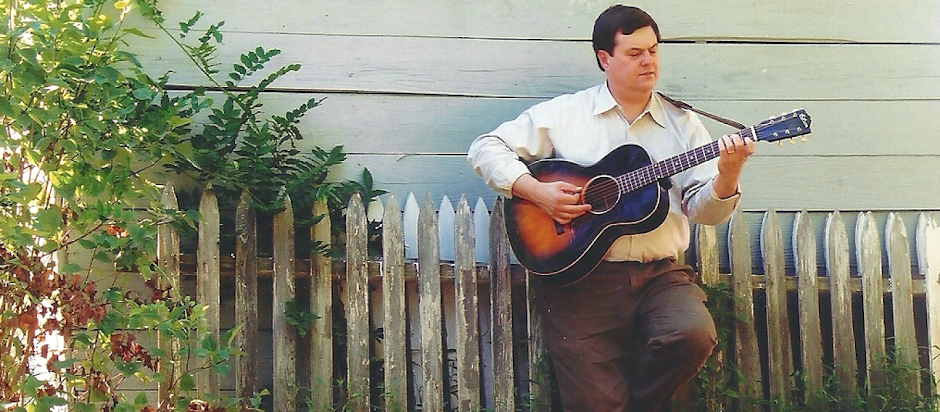The Singing Cowboy
knew how to connect with young fans.
Vintage photos show a 1940 hospital visit with two of them.
–––––––––––––––––––––––––––––––––––––––
© 2019 — Kenneth Lelen — All Rights Reserved
Two vintage black-and-white photographs have surfaced
that show Gene Autry, the famous Singing Cowboy, visiting with children, nurses and other adults at a children’s hospital in northeast Philadelphia.
Found in an antiques store in Delaware Water Gap PA, the back of each photo has the handwritten words: “Gene Autry when he was at Shriner’s Hospital, Phila, Pa. On May 7, 1940.”
One photo shows Autry strumming his guitar as his eyes look toward his left hand. He stands at a desk or nurse’s station with four people standing behind him.
Found in an antiques store in Delaware Water Gap PA, the back of each photo has the handwritten words: “Gene Autry when he was at Shriner’s Hospital, Phila, Pa. On May 7, 1940.”
 |
| Private Collection of Kenneth Lelen — © 2019 — All Rights Reserved |
 |
| Private Collection of Kenneth Lelen — © 2019 — All Rights Reserved |
Both photos have surface folds and wrinkles, yet they clearly show Autry in a white suit, white shirt and striped neckerchief, and grey or tan cowboy hat. In each photo he holds his 1933 Martin D-45 guitar (SN 53177) in his arms. The words “Gene Autry” are visible as cursive letters on the guitar fingerboard.
Autry combined touring and publicity appearances
Beginning
in the late 1930s Gene Autry (1907 - 1998) was known as a cowboy movie, recording
artist and radio star. He toured frequently between films and recording dates,
playing one-night stands at clubs, theaters, hotels and other small venues. In 1939
and 1941 he also toured in a rodeo at state and county fairs.
From 1949
to 1958 Autry made many personal appearance tours across the U.S. and Canada.
He also worked in large venues, from stadiums, auditoriums and opera houses to Madison
Square Garden. Many thousands attended such events.
According
to Don Cusic, author of Gene Autry — His Life and
Career, prior to Autry’s arrival in a town his publicity people would
send press releases to local papers, purchase ads in the papers and arrange visits
with local officials, charitable and civic groups, and
 |
| © Gene Autry Museum Official Souvenir Program World's Championship Rodeo Pittsburgh PA April 30 to May 10, 1941 |
“The purpose of all this activity was to gain publicity and promote his appearance, which increased the paying crowd," the author said.
Autry also knew visiting children’s hospitals was important to his personal
life, Cusic said, because he realized he was a hero to the children.
“I didn’t
like it. It scared me,” Autry said. “How could I — or anyone else — live up to
the kind of hero worship you get from kids? I’m only human and I’ve got plenty
of human failings.”
Visiting children’s hospitals
important to Autry
B-Western
actor Dick Jones, veteran of several Autry films and voice of Pinocchio in the 1940
animated feature, said people were in awe of Autry’s visits to children’s
hospitals, according to Holly George-Warren, author of Public Cowboy
No. 1.
“The
kids’ hospitals and orphanages would just tear me apart, because you get in
there and you’re mingling with them, and then you start to leave and you’ve got
ten kids and they’re hanging on,” Jones told George-Warren in an August 2005 interview. “It
really got to me.”
In the
1950s Autry visited as many as 100 children’s hospitals per tour, the author said. Some visits made the papers. Others were behind the scenes.
During one visit
in September 1953 with invalid children in New York City’s Bellevue Hospital, Autry
told Jones to ignore the hurt and sadness he felt, George-Warren recounted.
“You’ve
got to be cheerful because all they need is somebody who’s cheerful that recognizes
the fact that they’re there, that they’re human beings, that they’re alive and
you’ve got to cheer them up,” Autry said. “That’s your job.”
Evidence
of Autry’s visits with children in hospital
Autry was an endearing and
popular entertainer. His renown was widespread and lengthy. People still
recall his music and smile. Some even remember where and when they met him.
I’ve
witnessed such smiles on many occasions at my concerts. When I’ve played my 1939 Harmony Round Up guitar, which also has “Gene Autry”
painted along the fingerboard, people smiled at the sight of it. A few even said they recalled
Gene Autry visiting them as children in a hospital.
The black-and-white photographs from 1940 displayed here for the first time offer contemporaneous evidence of visits Autry made with
children in hospitals throughout his career.
Newspapers
were known to take photographs of his visits with children in hospitals. But
those pictures may exist now only as yellowed, printed paper hidden away in a newspaper morgue.
Still, we
can hope other photographs of Gene Autry visits with children in hospitals may
one day surface among family photo albums, photography collections, even newspaper photo archives.
 |
| Private Collection of Kenneth Lelen — © 2019 — All Rights Reserved Postcard shows Gene Autry, his horse Champ and his 1933 Martin D-45 guitar |
–––––––––––––––––––––––––––––––––––––––
Resources
Gene Autry – His Life
and Career
by Don Cusic (McFarland & Co. – 2007)
by Don Cusic (McFarland & Co. – 2007)
Public Cowboy No. 1:
Life and Times of Gene Autry
by Holly George-Warren (Oxford Univ. Press – 2007)
by Holly George-Warren (Oxford Univ. Press – 2007)
Gene
Autry article: https://en.wikipedia.org/wiki/Gene_Autry
Gene
Autry movies: Imdb.com
Gene
Autry Website: GeneAutry.com
–––––––––––––––––––––––––––––––––––––––
© 2019 — Kenneth Lelen — All Rights Reserved

No comments:
Post a Comment